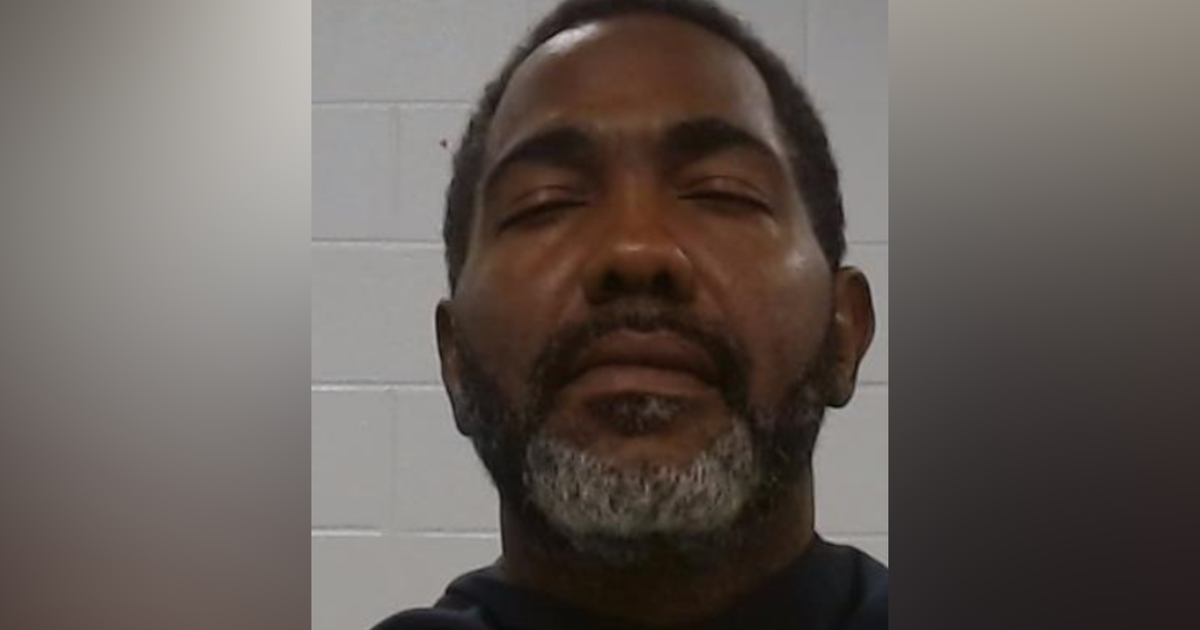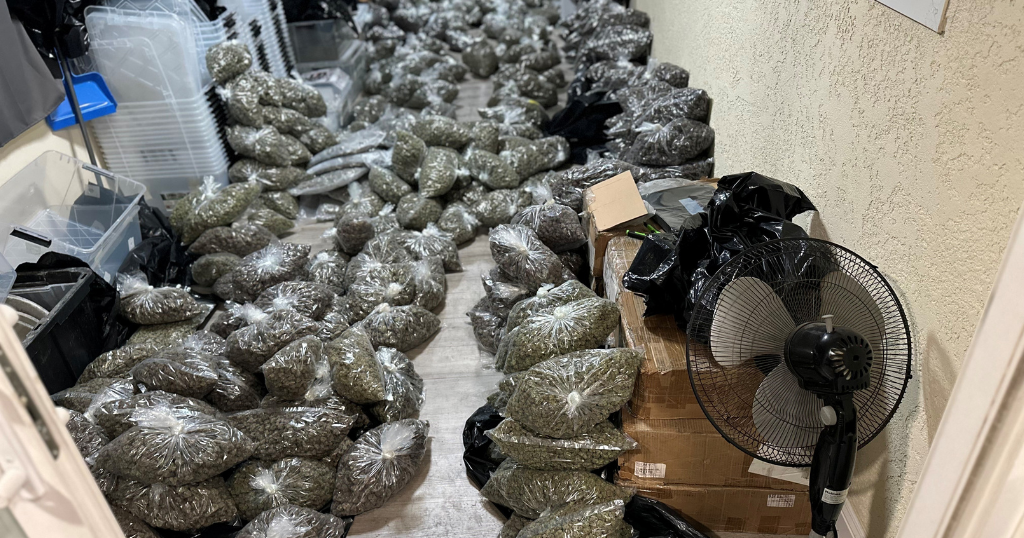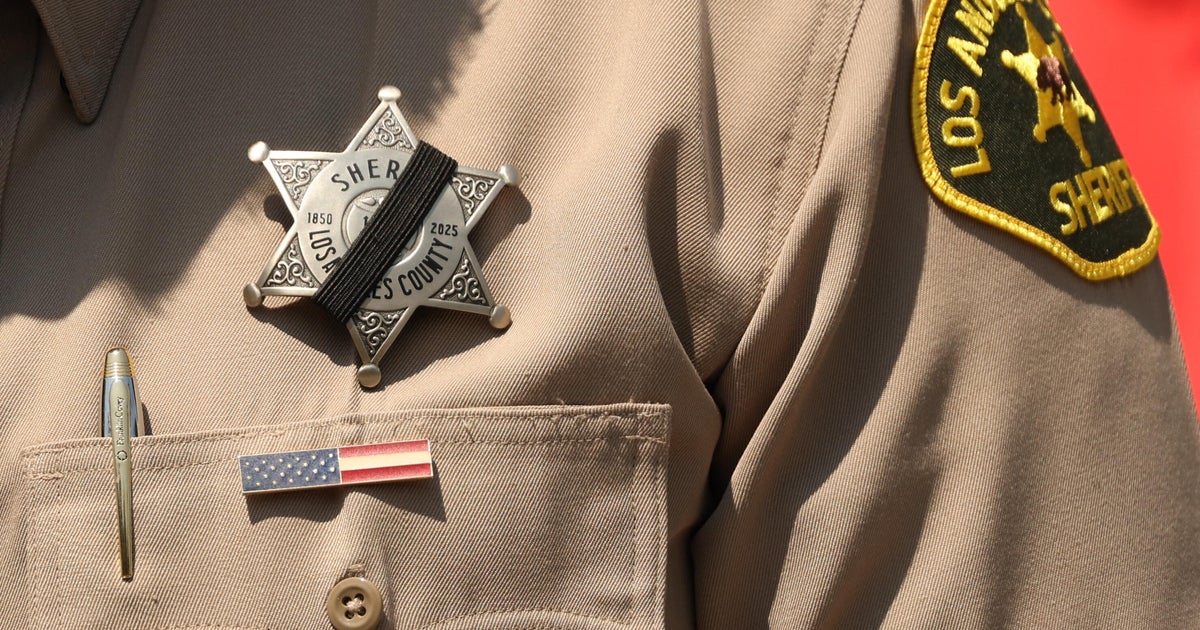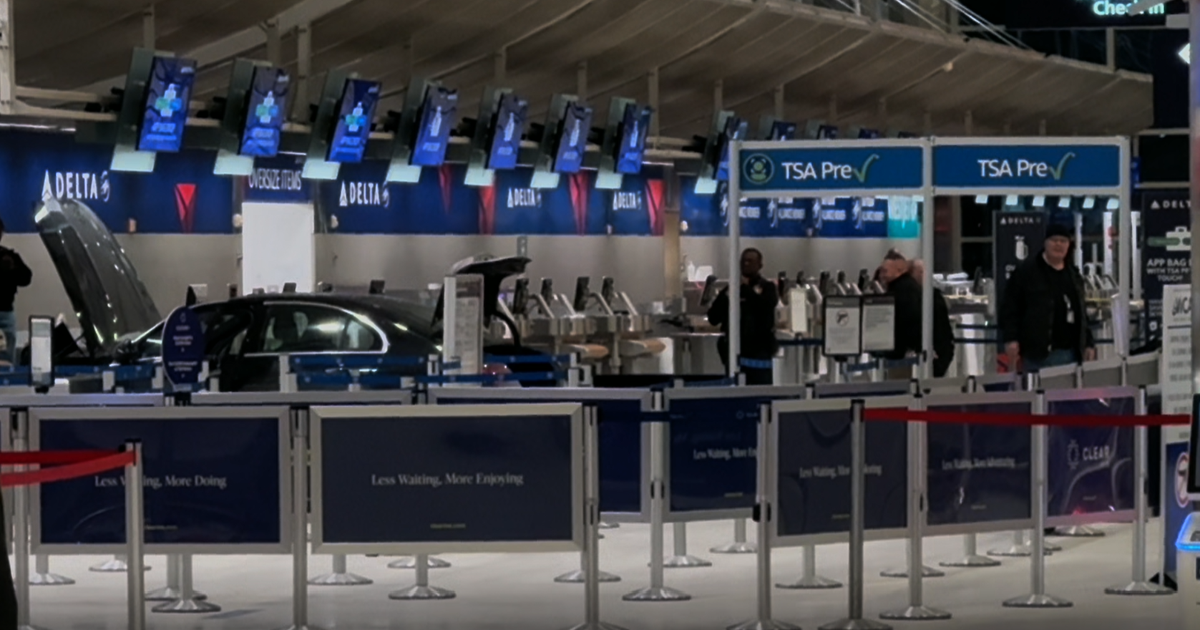I-Team Reveals How Cite and Release Could Make a Come Back
FORT WORTH (CBS 11 NEWS) - Caught with pot, but treated like it's a speeding ticket. There's actually a Texas law that allows people arrested for possessing small amounts of marijuana to be ticketed and let go.
Leaders from Dallas, Tarrant, Denton and Collin County say they don't use the "Cite and Release" law. But that could change if some state lawmakers have their way.
It may seem like the ultimate get-out-of-jail free card. But for sheriff's deputies in Austin, Cite and Release saves time and money. Opponents of the law say the biggest drawback is the large amount of people that don't show up for court after they are let go.
"There are a lot of DA's that will say Cite and Release is soft on crime," Investigative Reporter Mireya Villarreal noted. "Is that what's going on here?"
"The officers aren't soft on crime. They're making the arrests and they're the first step in the criminal justice process," Travis County Sheriff's Department Chief Deputy Jim Sylvester said.
Texas lawmakers passed the Cite and Release law back in 2007. It allows law enforcement officers to ticket and release someone for Class B Misdemeanors; things like criminal mischief, theft under $500 dollars, or possession of marijuana under 4 ounces. The law isn't mandatory, which is why few cities and counties use it. But some Texas legislators, like Representative Garnet Coleman of Houston, want it whether it can be used more widely. He Chairs the County Affairs Committee in the Texas House, which has been tasked with studying the Cite and Release law pros and cons.
"This just gives them another tool where they could say - Ok. You have a misdemeanor amount. We're just going to give you a ticket. You have to come to court, though. And if you miss court, that puts you in big jeopardy," Representative Coleman told us. "Why have someone in a jail, keeping a cell away from someone who is more dangerous, when they can just go home and come back for the trial."
Deputy Chief Jim Sylvester agrees Cite and Release is valuable, but for another reason.
"It's a good use of manpower to have that officer available for a serious crime instead of being tied up on a misdemeanor offense that is going to get a PR bond anyway," Sylvester explained.
Before the law passed, Travis County deputies say they would spend three to four hours arresting and booking someone, only to see them get released by a judge without paying a dime.
"Basically, they weren't spending any time in jail and were back on the streets before the officer was," Sylvester added.
Back in the Metroplex, the CBS 11 I-Team got a hold of information from Dallas County's Criminal Justice Department. In March of this year, Dallas County booked 6,186 people into its jail, more than 350 of them were given personal recognizance bonds. That means they were released without paying anything, with the promise they'd eventually return and take care of their case.
"It feels like cite and release is already happening in Dallas County," Villarreal pointed out while reviewing those numbers with Ron Stretcher, Dallas County's Director of Criminal Justice.
"That's a very valid point," Stretcher agreed. "You have released them after they've come in. But you have checked their criminal histories; you have vetted their other issues. You've made sure there aren't any other warrants out for them."
Dallas County tried using Cite and Release when the law first passed, but very few law enforcement agencies were willing to work with the county. Six years later the county is talking about trying to use the law again.
"Austin is having some luck with Cite and Release. I think the rest of us need to look at what's happened in Austin. Take another look to find out if this might be effective," Stretcher noted.
Legislators and Dallas County are doing their research now and we could see some suggested changes by the fall.
How Small-time Offenders "Pay" For Their Crimes
Ron Pinkston, President of the Dallas Police Officers Association, doesn't believe Cite and Release sends a good message.
"By responding to a call for a Misdemeanor B and not taking the suspect you captured to jail, you know it empowers the bad guys to keep being bad guys," Pinkston told us.
The Dallas Police Department does not currently use any aspect of the Cite and Release law. However, in January 2012, the department did change how they respond to shoplifting cases; officers would not respond to any calls of shoplifting under $50. Pinkston draws from that change to explain his position on Cite and Release, saying officers still had a heavy workload even after the changes were made.
"Our job is to protect and serve the citizens of Dallas, all of the citizens. And to give them the customer service they deserve," he finished.
But just because a potential criminal is taken to jail, doesn't mean he'll stay there for very long.
Ron Stretcher broke down how long most of these offenders typically stay in jail, "Someone who is arrested and stays in jail in Dallas County for those type offenses, most of the time, are going to spend about ten days in jail."
Stretcher says most of the people eligible for Cite and Release are not a threat to the public. But the cost to house them in jail, about $62.50 a day, is a drain on resources.
"Obviously, at ten days you're spending over $600 dollars [and] you haven't gotten anything back to the system, you haven't restored any victims, you've haven't accomplished anything but hold that person," Stretcher admitted. "It's time to take another look."







